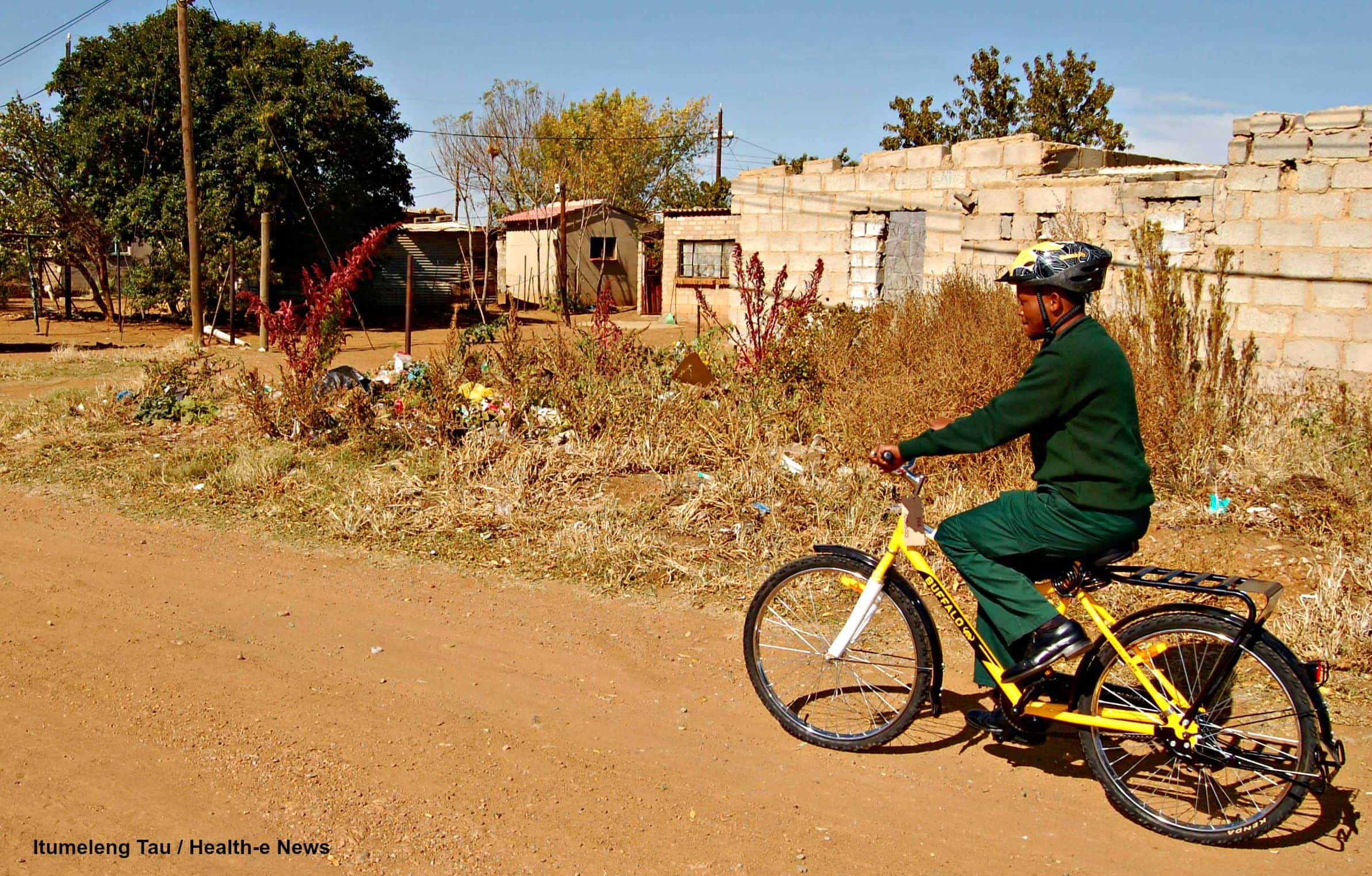Op-ed: New food policy lacks meat without public consultation


The policy was not subject to any public consultation, and is utterly deficient in its identification of problems with the food system in South Africa and its failure to come up with solutions. The cover page of the gazetted version states that an implementation plan for the policy will be “consulted widely”.
In September 2014, a Food and Nutrition Security Draft Policy Implementation Plan was produced. As of February, the plan was not yet available publicly although it could be requested. The Department of Agriculture has indicated, in response to questions from a small group of civil society organisations involved in promoting the realization of the right to food, that the consultation process on the plan were due to consist of two consultation sessions – one on 3 March 2015 for academics and researchers and one on 4 March 2015 for civil society.
Both consultations will take place in Johannesburg.
No public awareness has been raised about these consultations and at the time of writing, no formal invitations have been sent.
We were further advised by the Department of Agriculture that the intention is for the policy and implementation plan to operate as from the new financial year in April 2015. With these short timelines, it seems that there is no intention for the consultation process to be wider than two sessions in one province or for the outcomes of the consultation sessions to be meaningfully incorporated into the policy or implementation plan.
Meaningful consultation good for policy, democracy
[quote float= right]”The right to food is the only socio-economic right not to have been legislated… Policies have historically been flawed, contradictory…”
The move by the state to produce a policy on food and nutrition is an important one. The right to food is the only socio-economic right not to have been legislated on and the policies on the right to food have historically been flawed, contradictory and unimplemented, with no accountability. The commencement of a policy-making process is important and to be welcomed, but policy must to respond to the needs of affected people and tackle systemic inadequacies, particularly in the case of food where the systemic inadequacies lead to widespread hunger.
The obligation on the state to consult on policy and legislation is clear and for good reason. Meaningful consultation ensures that policy and legislation responds to needs and gives an opportunity for people to participate in democracy. This is required by section 195 of the Constitution.
The failure by the state to hold any public consultation on the policy and to rush the public consultation on the implementation plan runs contrary to its democratic and constitutional obligations.
While consultation is an obligation in itself, the content of the policy and Implementation Plan show the desperate need for consultation in this case.
Power plays
Some of the many shortcomings of the policy and implementation plan are:
- The policy and implementation plan fail to address the concentration of power in the food chain and the distributional problems embedded in a food system that produces enough food but leaves a quarter of the population hungry;
- The plan sets objectives and goals without costing or consideration of how these objectives and goals will be met. Objectives that are not budgeted or clearly thought through are destined to fail;
- Lines of accountability and coordination between involved government departments, while frequently referred to, are far from clear. This shortcoming is recognised to be a key hindrance to realisation of the right to food around the world. It is vital that clarity is sought when new policy is made; and
- The policy and implementation plan envisage a technical multi-stakeholder forum to draw civil society, including research institutions and donors, into the implementation of the policy, but this body will be chaired by the Department of Agriculture, whose role and powers remain unclear.
The failure on the part of the state to consult on the policy and plan, and the multiple shortcomings of these documents require that civil society organisations, researchers and interested individuals stand together to demand a thorough and properly consulted policy-making process to realise the right to food.
It is for this reason that Section27 calls on civil society to give support to the call for consultation on the National Policy on Food and Nutrition Security and its implementation plan.
Policy and law making on the right to food has been a long time coming and it is important that we make sure that the outcome meets the needs of the country.
Sasha Stevenson is an attorney at the public interest law organisation, Section27. This post originally appeared on the Section27 website.
Author
Republish this article
This work is licensed under a Creative Commons Attribution-NoDerivatives 4.0 International License.
Unless otherwise noted, you can republish our articles for free under a Creative Commons license. Here’s what you need to know:
You have to credit Health-e News. In the byline, we prefer “Author Name, Publication.” At the top of the text of your story, include a line that reads: “This story was originally published by Health-e News.” You must link the word “Health-e News” to the original URL of the story.
You must include all of the links from our story, including our newsletter sign up link.
If you use canonical metadata, please use the Health-e News URL. For more information about canonical metadata, click here.
You can’t edit our material, except to reflect relative changes in time, location and editorial style. (For example, “yesterday” can be changed to “last week”)
You have no rights to sell, license, syndicate, or otherwise represent yourself as the authorized owner of our material to any third parties. This means that you cannot actively publish or submit our work for syndication to third party platforms or apps like Apple News or Google News. Health-e News understands that publishers cannot fully control when certain third parties automatically summarise or crawl content from publishers’ own sites.
You can’t republish our material wholesale, or automatically; you need to select stories to be republished individually.
If you share republished stories on social media, we’d appreciate being tagged in your posts. You can find us on Twitter @HealthENews, Instagram @healthenews, and Facebook Health-e News Service.
You can grab HTML code for our stories easily. Click on the Creative Commons logo on our stories. You’ll find it with the other share buttons.
If you have any other questions, contact info@health-e.org.za.
Op-ed: New food policy lacks meat without public consultation
by Guest Author, Health-e News
March 5, 2015
MOST READ
Prolonged power outage leaves hospitals in the dark for two days
There’s more to self-care than scented candles or massages, it’s a key public health tool
Malaria can’t be beaten without political will and more funding
Access to clean water and stable electricity could go a long way to addressing rising food poisoning in SA
EDITOR'S PICKS
Related


PHASA 2019 Reflections: The right to health after 25 years of democracy

